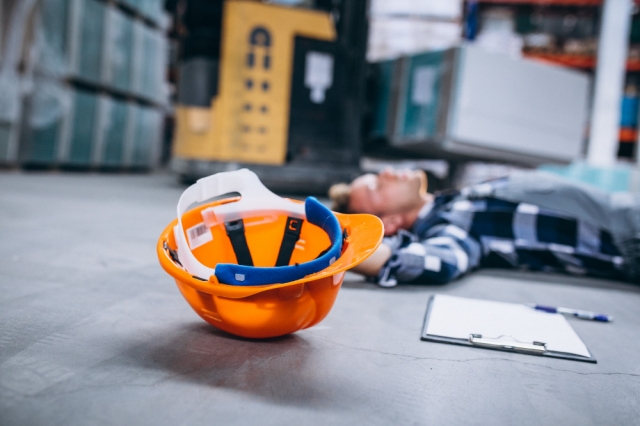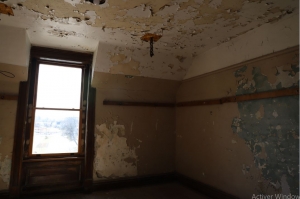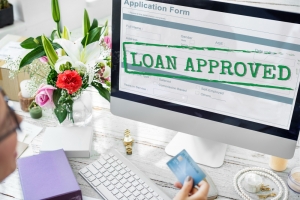A slip and fall might not seem like such a big deal, but it can lead to health, mobility and financial issues. It may have been due to a wet floor, a broken pavement or even a dark staircase that led to a fall, regardless, get expert legal consultation on what to do after a slip and fall accident. This guide shall walk you through the process step by step right from putting your health first to knowing your rights.
Immediate Health and Safety Measures
Your primary priority after being involved in a slip and fall incident should be your health and safety. It is best to assess any injuries, even if they feel minor, as soon as possible - take a moment of time in your day to check yourself physically, whether you are feeling any pain, dizziness or not being able to move as well as normal. Adrenaline can mask symptoms and make you underestimate an injury as you're responding to it.
What may appear like minor discomfort could turn out to be muscle tears, fractures or concussions later. Paying attention to your body's signals and avoiding sudden movements can help minimize exacerbating an injury while waiting for medical assistance. For severe or significant injuries, remain stationary, call for assistance, and refrain from placing weight on injured areas so as to minimize further damage.
Securing prompt medical care after any accident is equally crucial, as some injuries, like fractures, sprains or concussions, might not show obvious symptoms at first, yet could worsen over time if left untreated.
Medical professionals are trained to detect trauma that might go undetected during self-assessments; visiting healthcare providers quickly also ensures that injuries are documented right from the outset, which could provide valuable evidence in any legal proceedings related to your accident claims for compensation or coverage of medical expenses.
Documenting an Accident Scene
Documenting the scene immediately following your fall can greatly strengthen any future legal claims. By using your phone or camera to capture this setting, objective evidence will provide visual proof of what led up to it and caused your fall - such as wet floors without warning signs, torn carpet or uneven ground. Make sure your photos or videos cover multiple angles to show all relevant details including lighting, warning signs (or lack thereof), environmental conditions and general conditions as this record can later serve as evidence in case the property owner disputes its cause or circumstances.
Witness information can also be invaluable at the scene, lending credibility to your claim if others saw your fall or the cause for it. Politely request contact details as well as brief statements regarding what they saw - this way witnesses can serve as third-party verification of unsafe conditions if your case goes to court or an insurance company contests your claim. Involving public or commercial space management when reporting incidents is also essential; requesting formal incident reports create an official record with them that could later come in handy during litigation proceedings or insurance claims disputes.
Preserving Physical Evidence
Alongside scene documentation, collecting physical evidence for your slip and fall case is also key. Keep the clothing and shoes you were wearing during the incident as they may show factors contributing to its occurrence; such as dirt from slippery floors on clothing or wear patterns on shoes which indicate where someone slipped.
These pieces can help reconstruct what occurred later. Also save all receipts, bills, records related to your injury so they may support a claim for compensation from medical expenses, lost wages and other damages associated with this accident.
Understanding Legal Rights After a Slip and Fall
Knowing your legal rights after being involved in a slip-and-fall accident is critical to receiving any possible support or compensation you are due. Premises liability laws generally require property owners to maintain safe environments on their premises, so any failure by them to address or warn about known hazards that lead to injuries could potentially hold them liable; negligence claims typically require proof that an unsafe condition was known or should have been known about by them, with their failure causing injury as a result. As premises liability laws vary by state, consulting an expert will help ensure you receive appropriate advice regarding how specific laws pertain to your specific case.
Determining When to Seek Legal Assistance
Knowing when and why to seek legal support can have a profound effect on the outcome of your case. A slip-and-fall lawyer can guide you through complex legal processes, gather evidence, file a claim if necessary, explain your legal options to insurance companies to protect your interests, avoid under-settlement and pitfalls that might compromise fair settlement chances like giving recorded statements to insurers that reduce compensation chances unintentionally. Taking this step ensures you have someone on your side who understands all the complexities associated with slip-and-fall cases that can work towards maximization compensation claims for maximum compensation claims compensation claims compensation claims compensation!
Filing a Slip and Fall Claim: Understand the Steps
Your initial appointment with a lawyer typically helps him or her make an assessment aimed at helping determine whether one should be filed in your case. Once a claim is filed the processing may include gathering information, witnesses and perhaps negotiate a settlement with a property owner's insurance company and if necessary.
Some of the potential employee loss cost that may be available may include medical expenses, wages loss and pain and suffering compensation. Each case is unique in some way and, therefore, response time may not be a similar issue, hope this will not cause you too much stress, but to start with, it is very important to be realistic.
Mental and Emotional Recovery After a Slip and Fall
Consequently, slip and fall mishap may lead to life-altering effects of health wise, psychologically and emotionally. Physical illnesses may result in a change of activities that may cause stress, anxiety and sometimes even depression. Thus, reaching out to a counselor, or even joining an AA (Alcoholics Anonymous), wherein accident victims form a part of the association, could help with the emotional aspect - long-term recovery; Joining accident victim support groups, both online and offline would be helpful for the same.
Preventative Action to Avert Future Accidents
Prevention after a slip and fall incident is equally as crucial. Recognizing risky conditions such as wet floors, icy walkways or poor lighting is key in order to avert future accidents; wearing appropriate non-slip footwear in high risk environments and encouraging open communication about hazards are other effective preventive strategies; for instance if unsafe conditions exist within shared spaces like workplaces please report it immediately as they could potentially harm others - staying vigilant of your surroundings while taking safety measures is key in creating a safer environment both for yourself and others alike!
Navigating Challenges of Proving Liability
Proving liability in slip and fall cases often presents unique difficulties. As the claimant, your responsibility lies with you as evidence must demonstrate that negligence led to your injuries on behalf of the property owner; defense tactics used by their property could include suggesting you were distracted, or the hazard was "open and obvious." Additionally, certain states apply comparative negligence laws that reduce compensation if found partially at fault; understanding these hurdles highlights the necessity for meticulous evidence gathering as well as consulting a personal injury attorney experienced in slip and fall claims.
Conclusion
In conclusion, slip and fall accidents can definitely be life altering. To protect the self, physically, financially, or legally, it's necessary to call medical attention right away, document the scene as soon as possible and to know when it requires hiring a lawyer. Calling an experienced attorney is essential for ensuring you protect your rights, and their help through all the details of the process will make a significant impact on the way to justice and compensation.






